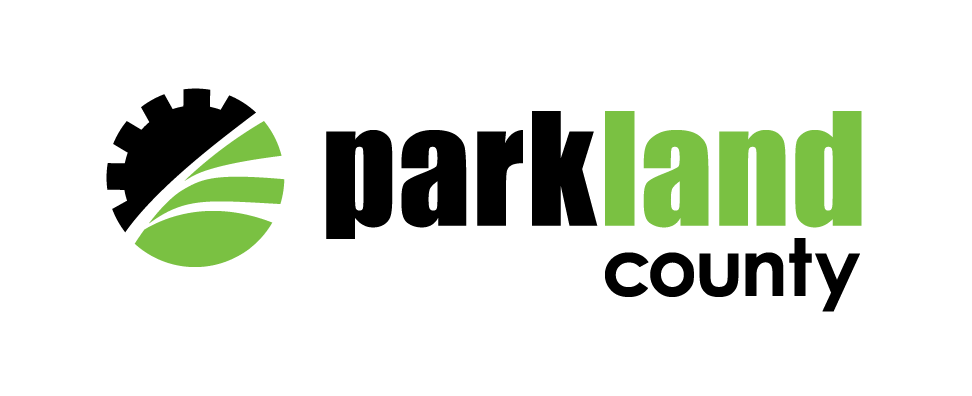Citizen Science
Citizen science refers to the involvement of non-scientists in scientific research, often as a way to gather large amounts of data. Information gathered by citizen scientists is used by scientists, decision-makers, and the public for research, conservation, and tracking species of interest.
Want to contribute to scientific research while improving your own observation skills? Get involved in one of the citizen science projects below!
Popular Citizen Science Projects
iNaturalist is the largest citizen science project devoted to general biodiversity, with more than 225 million observations to date. Submit observations on the website or with the app to record sightings of plants, animals, fungi, and insects. Find local projects at Projects - iNaturalist.
eBird is a citizen science platform for bird observations, created with the idea that every birdwatcher has unique knowledge and experience that can contribute to science, conservation, and education. Observations can be made through the website or app.
Breeding Bird Survey provides the best information available on long-term changes in bird populations. This dataset is relied on heavily by researchers, wildlife managers, and The State of Canada's Birds report. Participating in this project requires strong bird observation skills.
Other Citizen Science Projects
- Canadian Lakes Loon Survey
- North American Nightjar Survey
- Alberta Community Bat Program
- Alberta Volunteer Amphibian Monitoring Program
- Bumble Bee Watch
- eButterfly
- ALMS LakeWatch and LakeKeepers
Are you an agricultural producer? The Agroclimate Impact Reporter (AIR) is an online survey designed for the collection and reporting of weather and climate impacts on farm operations across Canada. Results are made into maps and published on the Drought Watch website. For more information, visit Agroclimate Impact Reporter.
Parkland County Library Kits
Pair citizen science apps like iNaturalist and eBird with Parkland County Library Kits to contribute your observations to scientific research! Find your local library branch at www.parklandcounty.com/libraries to borrow a kit and get exploring.
Contact Us
Parkland County Centre
53109A HWY 779, Parkland County, AB T7Z 1R1
General Office: 780-968-8888
Toll Free: 1-888-880-0858
After hours: 780-968-8400
Email: hello@parklandcounty.com




